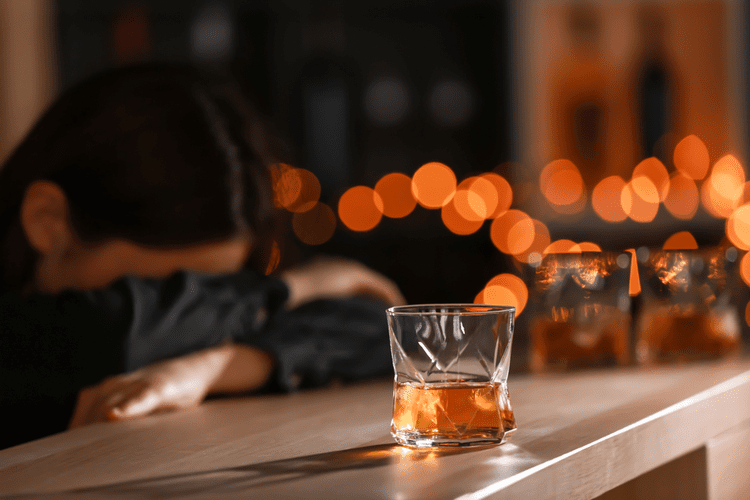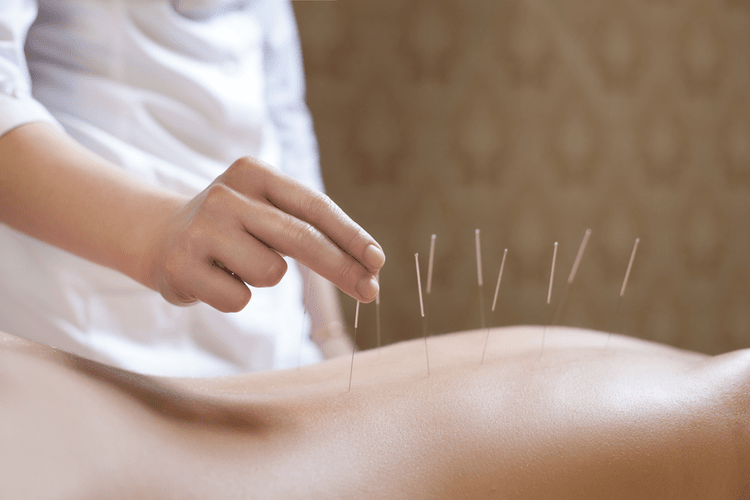As this is happening, it can affect your central nervous system and cause you to feel jittery or anxious. If alcohol is a frequent trigger for anxiety, it may be helpful to reduce or Substance abuse eliminate your alcohol consumption and seek professional advice. It’s also worth noting that anxiety is not the only health concern that can be impacted by alcohol use. For those with other health conditions, such as high blood pressure, understanding the effects of alcohol on their specific condition is crucial. It’s crucial to recognize the potential dangers of using alcohol to cope with anxiety and to seek healthier alternatives.
Anxiety and Alcohol Addiction
If a person has concerns about alcohol use or anxiety, they can speak with a doctor to find out the best ways to solve these issues. Researchers in a 2017 study measured anxiety clinically and found that anxiety levels were higher in those with AUD than those without when they faced stress. Alcohol intoxication impacts self-control, making you more impulsive. In a survey of college students who drank, 57% reported eating something they were “craving” after consumption.
Maintain a healthy sleep schedule
- If you’re worried about having a panic attack after drinking, the best strategy is to abstain.
- Feeling anxious is likely nothing new, particularly if you have lived with some form of learning or developmental disability.
- And we might feel better for an hour or so, but then all those negative feelings come pouring back and round and round we go.
As the alcohol wears off, we are left with an artificially high level of stress hormones in the body. People can speak with a healthcare professional for help managing anxiety or mood disorder symptoms. For example, a person with social anxiety might be afraid of going to a party where there will be many people does alcohol cause anxiety they do not know. Even simply thinking about attending the gathering might cause them anticipatory anxiety. The whole idea behind self-medicating is using alcohol, drugs, supplements, or other substances as ‘home remedies’ to handle health problems. While this approach can relieve some symptoms, these aren’t doctor-recommended or prescribed methods.
Can drinking every night cause anxiety?
It’s important to recognize that drinking alcohol is not a good way to relieve stress or anxiety in the long run. While it may provide temporary relief, the potential for increased anxiety, dependence, and other health issues make it an unsustainable and potentially harmful solution. However, it’s crucial to understand that while alcohol may seem to reduce stress in the short term, this effect is temporary and often misleading.
What are some healthier alternatives to using alcohol for anxiety relief?
Yes, anxiety from alcohol can be managed through relaxation techniques, therapy, and medication if necessary. Alcohol-induced anxiety can last anywhere from a few hours to several days, depending on factors like the amount consumed, frequency of drinking, and individual health conditions. Support groups such as Alcoholics Anonymous (AA) or anxiety support groups can provide valuable resources and community support for individuals working to overcome these challenges. These groups offer a safe space to share experiences, learn coping strategies, and find encouragement from others http://metlex.pl/2022/08/03/how-long-does-heroin-stay-in-your-system-blood-and-4/ who understand the struggle. This can cause embarrassment and anxiety after you sober up, especially for people with conditions like social anxiety who may already be sensitive to how others perceive them.
This symptom results from the body’s attempt to regulate itself during alcohol withdrawal. As the body detoxifies from alcohol, the autonomic nervous system becomes hyperactive, leading to excessive sweating. Sweating is more common in individuals undergoing severe withdrawal or those with a long history of heavy alcohol use. Sleep disturbances, including insomnia and poor sleep quality, affect 60-80% of individuals with alcohol-induced anxiety disorder.

This causes oxidative stress (an imbalance between helpful antioxidants and harmful free radicals that can lead to disease), marked by excess toxins in the body. Long-term heavy drinkers may be predisposed to developing an anxiety disorder. However, there is no evidence that moderate drinking will cause anxiety. Research shows that people with alcoholism find it difficult to recover from traumatic events. This is possibly because of the effects of alcohol abuse, which can actually change brain activity. Using alcohol to cope with social anxiety disorder can be dangerous.
Rapid heartbeat or palpitations are common, with some individuals experiencing chest pain or tightness. Dizziness or lightheadedness may occur, especially when standing up quickly. Alcohol also disrupts brain chemistry, affecting neurotransmitters like GABA that regulate anxiety. Our clinical team works closely with clients to build long-term resiliency, equipping them with tools to manage triggers, cope with stress, and maintain lasting recovery.
- Treatment for AUD often involves a combination of therapy, support groups, and medication.
- Drinkaware UK provides some useful online tools to help you to reduce your alcohol intake.
- Alcohol is a depressant and a sedative, so it may make you feel relaxed or even sleepy.
The Relationship Between Alcohol and Anxiety Disorders

Schuckit and colleagues have studied the rates of psychiatric disorders in COA’s from a variety of perspectives. Once a person becomes deeply depressed, regardless of the cause, he or she may need to be hospitalized and provided with the appropriate precautions against suicide. These steps should be considered even if the patient’s depressive disorder is a relatively short-lived alcohol-induced state. Practitioners can counteract their patients’ depressive symptoms by providing education and counseling as well as by reassuring the patients of the high likelihood that they will recover from their depressions. Similarly, an alcoholic who experiences repeated panic attacks or other anxiety symptoms requires intervention for the anxiety, regardless of the cause.

If you are struggling with alcohol, anxiety, or both, help is available. Your primary care doctor can provide advice and resources, or you can call Bridges of Hope to discuss treatment options. Taking that first step can lead you to a better, healthier, and happier life. It can be difficult to diagnose an anxiety disorder when an alcohol use disorder is also present. It may not be clear whether the anxiety symptoms existed before the alcohol abuse began if the anxiety disorder was previously undiagnosed.
